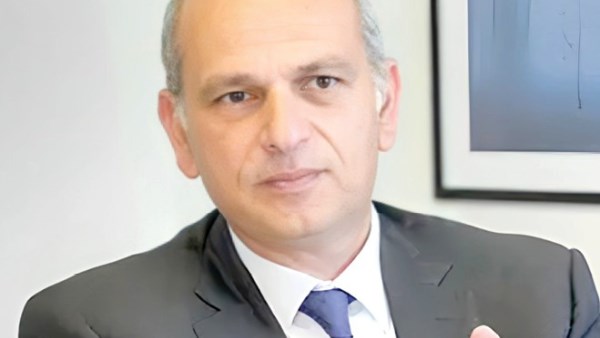
The widely anticipated decision keeps the central bank’s benchmark interest rate at 4.5%.
Bank of England holds interest rates, warns global trade uncertainty has intensified

The Bank of England left interest rates unchanged Thursday as the U.K. economy contends with uncertainty around global trade and looming stagnation at home.
The widely anticipated decision keeps the central bank’s benchmark interest rate at 4.5%.
In a statement, the central bank said that its Monetary Policy Committee voted in favor of leaving rates unchanged with an 8-1 majority. One MPC member voted for a 25-basis-point reduction.
“Since the MPC’s previous meeting, global trade policy uncertainty has intensified, and the United States has made a range of tariff announcements, to which some governments have responded,” the statement said.
“Other geopolitical uncertainties have also increased and indicators of financial market volatility have risen globally.”
Paul Dales, U.K. chief economist at Capital Economics, said in a note that the BOE was “always going to continue its cut-hold-cut-hold pattern by leaving interest rates at 4.50% today but, in the opposite of what happened at the last meeting in February, the vote was more hawkish than expected.”
When the central bank last left rates unchanged in December, three MPC members had voted for a consecutive cut, compared to just one endorsing a trim now, he pointed out.
Uncertain headwinds
The decision comes at a time marked by prospective economic headwinds abroad and at home. At a global level, this includes the frequent shifts, lack of clarity and conflict surrounding U.S. President Donald Trump’s trade tariffs, along with their potential impact on U.K. inflation and economic growth.
The U.K. economy has been showing signs of weakening, contracting by 0.1% month-on-month in January.
The BOE in February halved its 2025 growth forecast for the U.K. to 0.75%.
On Thursday, the central bank said that recent business indicators suggested weakness in economic growth and employment intentions.
In February it had also said it was expecting inflation to temporarily rise to 3.7% in the third quarter of this year, as energy costs are set to accelerate. U.K. inflation picked up sharply to a hotter-than-expected to 3% in January.
Hussain Mehdi, investment strategy director at HSBC Asset Management, said in a note that the meeting was “challenging” for the BOE because of the murky outlook.
“A stagflationary tone to recent economic data means the MPC is balancing inflation considerations against downside growth risks and fragile confidence. For now, it seems the inflation side of the debate is dominant, reflected in just one MPC member voting to cut,” he said.
“But looking ahead, the MPC’s sensitivity to the growth data could increase as elevated global policy uncertainty and weak confidence may present a risk of a sharper than expected downturn, with limited fiscal room for manoeuvre,” Mehdi added.





-1120252475029447.jpg)













